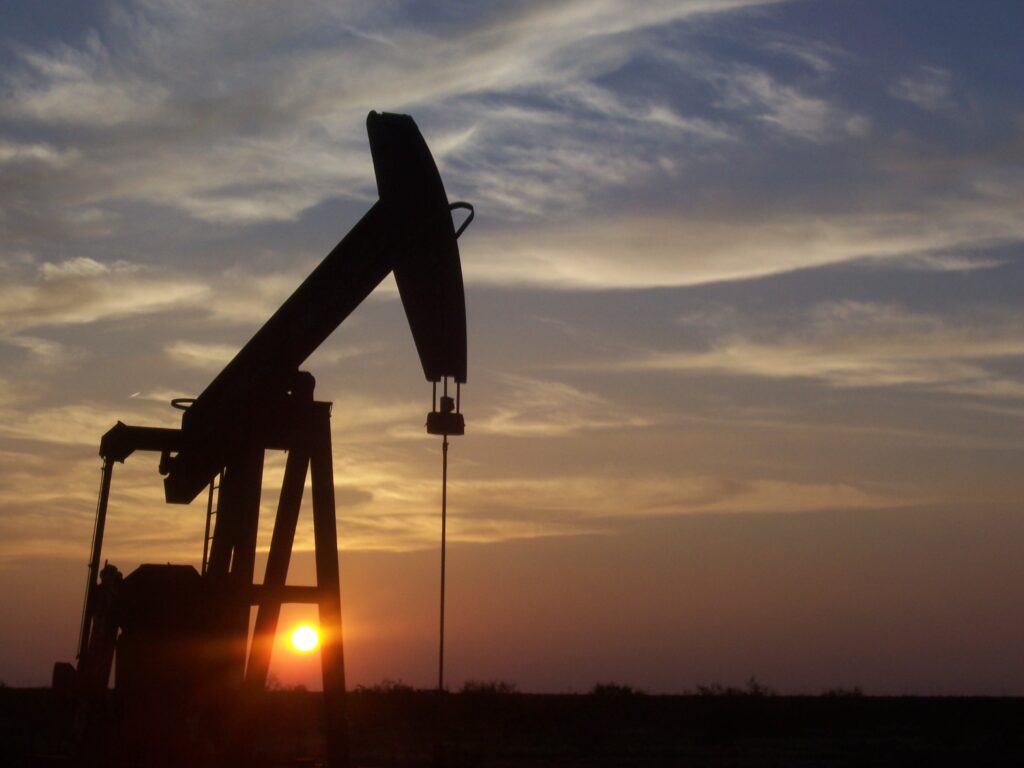
The oil and gas industry has long been a driving force of the global economy, powering numerous sectors and shaping modern life as we know it. As the demand for energy continues to rise, the need to explore and develop new oil and gas reserves becomes increasingly paramount. However, venturing into the world of oil and gas exploration is no simple task, and it comes with significant risks and challenges.
One crucial step in this complex process is the oil and gas appraisal. This appraisal serves as the backbone of successful exploration and production activities, providing essential information about the potential of a hydrocarbon reservoir. In this blog post, we will delve into the intricacies of oil and gas appraisals, understanding their significance, methodologies, and the far-reaching impact they have on the energy industry.
What is an Oil and Gas Appraisal?
Before we delve into the significance of an oil and gas appraisal, let’s establish a clear understanding of what it entails. An oil and gas appraisal is a systematic assessment of an oil or gas discovery’s commercial viability and reservoir potential. It aims to evaluate the size, structure, and characteristics of the hydrocarbon reservoir while determining its production capacity and expected longevity.
The appraisal process involves a multidisciplinary approach, integrating geology, geophysics, reservoir engineering, and economics. Teams of experts work collaboratively to gather data through various methods such as drilling exploratory wells, conducting seismic surveys, and employing advanced technologies for reservoir modeling.
The Importance of an Oil and Gas Appraisal
Risk Mitigation: Oil and gas exploration is an expensive and high-risk venture. Appraisals help mitigate the inherent risks by providing crucial data that aids decision-makers in determining whether to proceed with further investment or abandon the project altogether. Without a comprehensive appraisal, companies could risk investing significant capital in unproductive or non-commercial reservoirs.
Reservoir Characterization: Appraisals provide invaluable insights into the geological structure and composition of a reservoir. Understanding the reservoir’s properties allows engineers to optimize production strategies, estimate recovery rates, and plan enhanced oil recovery (EOR) techniques to maximize output.
Financial Decision Making: An oil and gas appraisal plays a pivotal role in financial decision-making processes. Accurate reservoir evaluations enable companies to make informed choices about budget allocation, project prioritization, and capital investment, leading to more efficient and profitable operations.
Regulatory Compliance: In many regions, an appraisal is a prerequisite for securing the necessary permits and licenses to begin drilling and production activities. Demonstrating the viability of a project through appraisal data is essential for gaining regulatory approval and ensuring adherence to environmental and safety regulations.
Stakeholder Confidence: For companies operating in the oil and gas sector, transparency and credibility are paramount. A robust appraisal instills confidence among stakeholders, including investors, partners, and local communities, fostering positive relationships and sustainable operations.
Oil and Gas Appraisal Methodologies
Seismic Surveys: Seismic surveys are a fundamental tool in the oil and gas industry, used to create detailed images of subsurface rock formations. By generating seismic waves and measuring their reflections, geoscientists can infer the presence of hydrocarbons and assess the geological structures.
Drilling Exploratory Wells: Drilling exploratory wells is an essential part of the appraisal process. These wells are strategically positioned in areas of potential hydrocarbon accumulations to provide direct evidence of the reservoir’s existence and characteristics.
Reservoir Modeling: Advanced reservoir modeling techniques use the data collected during appraisal to build computer simulations of the reservoir. These models aid in estimating reserves, predicting production behavior, and optimizing recovery strategies.
Production Testing: Production testing, often done through well testing, involves measuring flow rates and pressure to assess the productivity and deliverability of the hydrocarbon reservoir.
The Far-Reaching Impact of Oil and Gas Appraisal
Energy Security: Appraisal results directly influence a country’s energy security. Accurate assessments of oil and gas reserves allow governments to plan for future energy demands, reduce dependency on imports, and strategically allocate resources to ensure a stable energy supply.
Economic Growth: The oil and gas industry is a significant contributor to national economies. By providing reliable data on potential reserves, appraisals attract foreign investment, create job opportunities, and stimulate economic growth in regions where exploration activities take place.
Technological Advancement: The challenges posed by oil and gas exploration drive continuous technological advancement. Appraisals push the boundaries of seismic imaging, drilling technologies, and reservoir modeling, fostering innovations that can be applied in other fields beyond the energy sector.
Environmental Considerations: Appraisals also play a role in sustainable resource management. By understanding the characteristics of the reservoir, companies can adopt environmentally responsible practices, minimize environmental impacts, and support the transition to cleaner energy sources.
Conclusion
An oil and gas appraisal is the backbone of successful exploration and production activities in the energy industry. They provide critical insights into the commercial viability and potential of hydrocarbon reservoirs, helping companies make informed decisions about investment, production strategies, and regulatory compliance. Through seismic surveys, drilling exploratory wells, reservoir modeling, and production testing, multidisciplinary teams of experts work together to unlock the hidden potential below the surface.
Beyond the immediate benefits for the energy sector, oil and gas appraisals have far-reaching impacts on a global scale. From ensuring energy security and stimulating economic growth to driving technological advancements and promoting environmental responsibility, appraisals play a pivotal role in shaping the future of energy production and consumption.
As the world continues to evolve, oil and gas appraisals will remain an indispensable tool, enabling us to harness the earth’s resources responsibly while charting a sustainable path towards a more energy-efficient and environmentally conscious future.